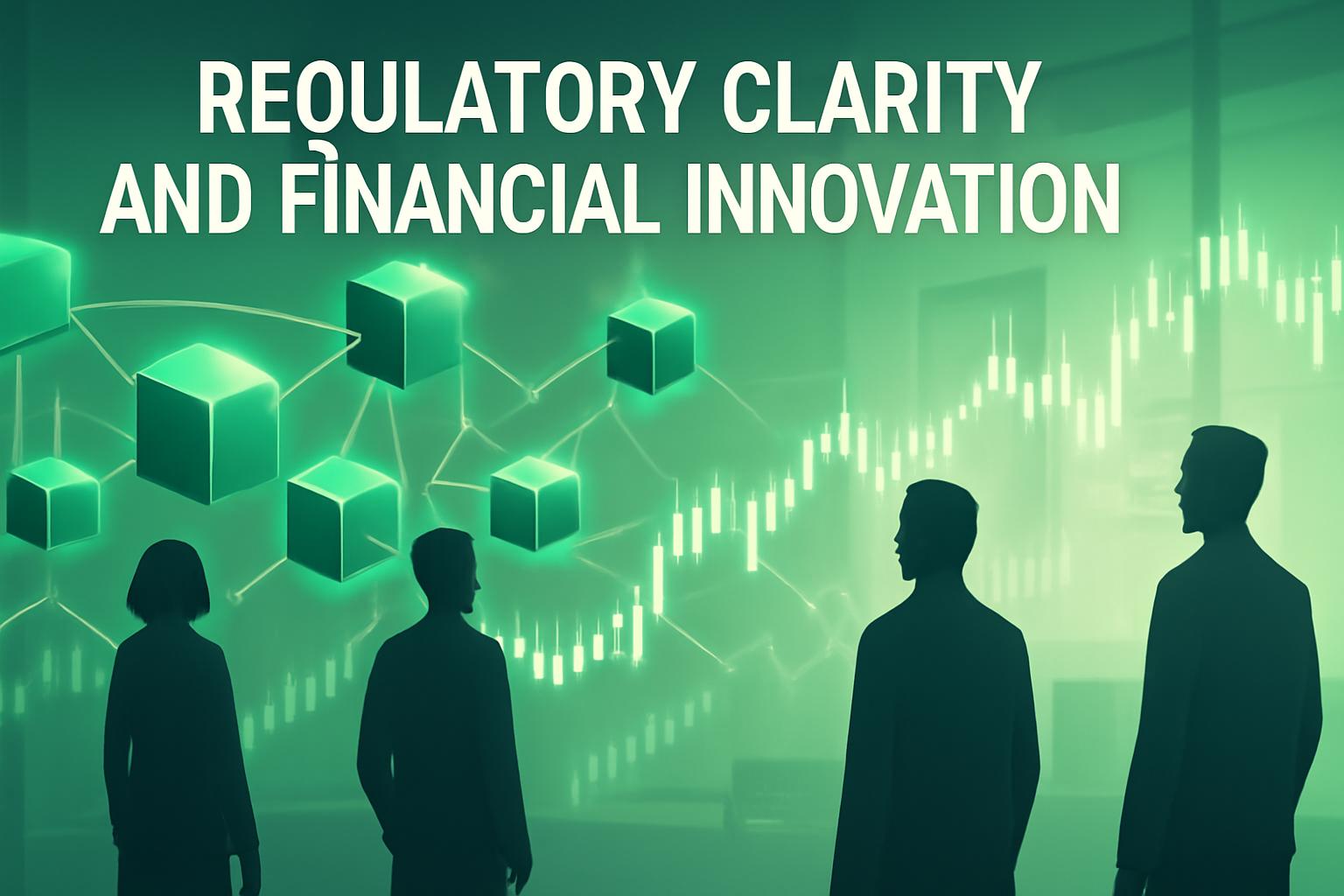Senate Crypto Bill Reinforces Tokenized Stocks as Securities
The US Senate has incorporated a critical provision into its evolving crypto market structure bill, explicitly confirming that tokenized stocks will continue to be regulated as securities. This move aims to preserve regulatory clarity and ensure these digital assets remain within existing financial frameworks.
Maintaining Regulatory Consistency for Tokenized Assets
By affirming that stocks and other securities retain their classification when tokenized on blockchain platforms, the Senate seeks to eliminate ambiguity over whether such assets might be reclassified under commodities regulations. This distinction is crucial for digital asset firms engaged in tokenization, as it preserves compatibility with established broker-dealer frameworks, clearinghouses, and trading platforms.
Wyoming Senator Cynthia Lummis, a key sponsor of the legislation, emphasized the urgency of advancing the bill, stating in a recent interview with CNBC, “We want this on the president’s desk before the end of the year.”
Dividing Oversight Between SEC and CFTC
The legislation, known as the Responsible Financial Innovation Act of 2025, also clarifies the jurisdictional boundaries between the Securities and Exchange Commission (SEC) and the Commodity Futures Trading Commission (CFTC) regarding digital assets. Senator Lummis indicated that the Senate Banking Committee plans to vote on SEC-related provisions this month, followed by a vote from the Agriculture Committee on CFTC oversight in October. A full Senate vote could occur as early as November.
While the bill has yet to secure Democratic support, bipartisan negotiations are ongoing. Lummis noted, “There have been efforts to pair Democrats and Republicans on certain sub-issues within the bill,” signaling an intent to build cross-party consensus.
Industry Calls for Developer Protections
In parallel, a coalition of 112 crypto companies, investors, and advocacy groups has petitioned the Senate to include safeguards for software developers and non-custodial service providers within the market structure legislation. Their letter to the Senate Banking and Agriculture Committees warns that existing financial regulations risk misclassifying these participants as intermediaries, which could stifle innovation.
Prominent industry players such as Coinbase, Kraken, Ripple, Andreessen Horowitz (a16z), and Uniswap Labs have joined this advocacy effort. They cite research from Electric Capital showing a decline in the proportion of US-based open-source blockchain developers—from 25% in 2021 to 18% projected in 2025—attributing this trend to regulatory uncertainty.
FinOracleAI — Market View
The Senate’s explicit confirmation that tokenized stocks remain securities reduces regulatory ambiguity, which is likely to be viewed positively by market participants focused on digital asset tokenization. By delineating SEC and CFTC oversight, the bill offers clearer compliance pathways, potentially encouraging institutional involvement. However, the lack of Democratic support and ongoing bipartisan negotiations introduce execution risks. Market watchers should monitor committee votes and bipartisan developments closely.
Impact: positive













